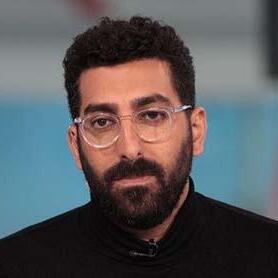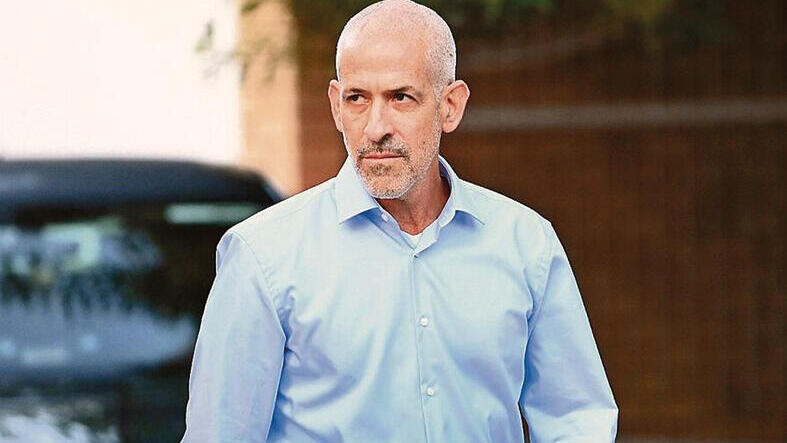Getting your Trinity Audio player ready...
Shin Bet chief Ronen Bar summoned influential rabbis in Israel's national religious sector and leaders of the protesters of the government's legislative effort to change Israel's judicial system, to a meeting just three months before the October 7 massacre.
The anti-government protests were at their height while the right wing was also taking to the streets to support the legislation and the rift in Israeli society was increasing to alarming proportions.
Bar presented his guests with a severe assessment of the country's security. Israel's enemies were observing the internal fracture and regarded it as an opportunity, he told them. "More than they identify a weakness, they see the disintegration," he warned as he painted the nightmarish scenario – an attack on Israel. He said intelligence was irrefutable and believed the attack would come in the north.
Bar and other top security officials were some 300 kilometers (186 miles) off. For that, they will have to pay the price and resign. But the essence of what they were worried about, came to fruition on October 7.
In hindsight, it's mind-blowing that he thought about the north and did not realize the power that Hamas had amassed in the south," A person who was in the meeting, said. "I left in shock. It is not every day, that a senior security official uses such terms as an existential threat."
Bar asked his guests to work toward calming their followers and to attempt to heal the rift rather than extending it. He also urged them to promote the establishment of a unity government. He even revealed his own efforts to pressure politicians in that regard.
3 View gallery


Hundreds of thousands protest against the government judicial overhal
(Photo: Yariv Katz)
Bar said he had spoken to Prime Minister Netanyahu at length but found that he was constrained by the radical right-wing partners in his coalition. The Shin Bet chief expressed his frustration at Netanyahu and at opposition leader Yair Lapid who was also aware of the danger but rejected the notion of a unity government.
"Bar sounded desperate and pleaded for the madness to stop. I saw a man who was aware of a pending disaster but was at a loss to prevent it. It was a painful sight." One person who attended the meeting said. "He was very open with us but when he told us it was our role to ensure a political change in the makeup of the government, I began moving uncomfortably in my seat."
A former official in Shin Bet said in response that the meeting was out of the ordinary. "On the one hand we have a responsible person who identified the danger and was clearly, concerned about what the internal rift could cause, but on the other hand, to push for a political change, even if by forming a unity government, is highly unusual."
3 View gallery


Far-right Finance Minister Bezalel Smortich and Prime Minister Benjamin Netanyahu during a cabinet meeting
(Photo: Yariv Katz)
Legal experts were also baffled when they learned of the meeting. "A person in his position can council the prime minister and tell him that he believes a unity government would strengthen Israel's deterrence, for example," one expert said. "But to actively work for a change in the makeup of the government, is an entirely different story."
In the Shin Bet, the meetings were not denied. But officials said the chief was not interfering in political matters and was only sounding the alarm about the danger to Israel's security. They said any meetings Bar had with political figures were with the knowledge and approval of the prime ministers.
"It’s a bit strange to complain about the head of Shin Bet, who saw the impending doom and worked to avoid it, especially when we know what had transpired on October 7," one official said. "If anything, in hindsight, perhaps Bar did not do enough."



